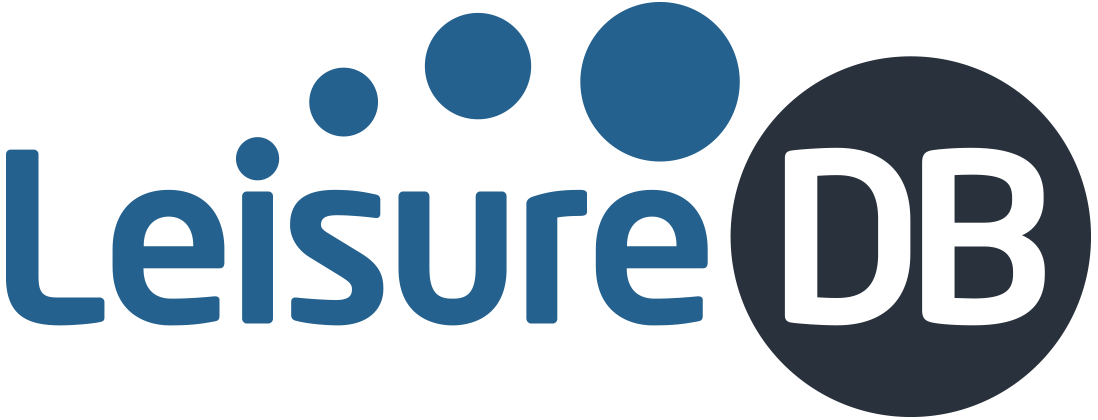Active IQ & Leisure DB – Workforce Roundtable
On 26 September 2023, Active IQ and Leisure DB hosted a roundtable to discuss the workforce issues currently faced by the health and physical activity sector.
The purpose of the roundtable was to pinpoint crucial issues, deliberate on solutions, and create a plan to establish a sector that not only encourages physical fitness but also embraces a comprehensive approach to wellness, with a workforce that authentically represents and caters to the diverse needs of the population.
Key discussion points and issues raised:
Language is Fundamental: The language used within the industry needs to evolve. To attract a workforce capable of meeting the diverse needs of the population, we must communicate differently. Language is the gateway to broadening our appeal.
Health Routes for the Workforce: We should explore the possibility of creating health-focused pathways into the sector. By expanding our reach and tapping into different sources of talent (including those with health backgrounds), we can diversify our workforce.
Workforce Mindset and Mental Health: We delved into the current state of the workforce's mental health and its readiness to lead and serve, highlighting the need for comprehensive data to understand our sector's challenges better.
Bridging the Gap Beyond Fitness: There is a real need for a broader and more inclusive approach. The sector should move beyond the confines of 'fitness' and embrace wellness in all its facets. Collaboration and ongoing training is key to achieving this.
The Role of Operators and Employers: Employers play a pivotal role in shaping the workforce. The question of whether the onus is on employers to guide employees in their holistic career development remains a hot topic.
Data and Proof: The need for data and evidence of outcomes became clear. Both quantitative and qualitative data is fundamental to proving the efficacy of what our sector does. There are examples of successful initiatives across the UK, and these should be collected and shared widely to inspire further efforts.
Collaboration and Leadership: Collaborative efforts and strong leadership are essential to instigating change. Key stakeholders, including the Government, should join in addressing the sector's workforce issues.
Credibility and Career Development: Questions were also raised about the sector's credibility and whether it’s perceived as lacking in qualifications. It was agreed amongst the group that it is becoming increasingly important to offer tangible ways to elevate Personal Trainers (PTs) in order to further professionalise the sector. This could include providing them with high-quality certification programmes and specialised training (from sports conditioning to senior fitness) to ensure they’re well-equipped to meet a spectrum of client needs.
Workforce Affordability: Remuneration in the sector, specifically pay rates, was also discussed. The question of whether individuals can earn a sustainable income within our sector remains a critical concern. Our conversation came back to equipping PTs with skills outside of their fitness know-how, such as business and marketing skills, to help them build their client base, increase their earning potential and thrive in a competitive landscape.
Understanding and Career Pathways: It's recognised that many of the workforce issues stem from the lack of understanding of what jobs and career pathways exist. Fundamentally, most people assume the only way into the industry is through a Level 2 Gym and a Level 3 Personal Trainer qualification, therefore we discussed that de-bunking this misconception is essential to guide individuals in their career journeys. One way this could be achieved is through effectively sharing career success stories, as an industry from PTs who have taken non-traditional paths to inspire and educate people on the variety of career options.
What we want to achieve
Addressing these issues will require everyone taking meaningful steps in order to address them. Working in collaboration with partners, operators, employers, and key stakeholders to effect change will be essential. Actions suggested at the roundtable included:
Developing a new Trailblazer Group for a broader range of apprenticeships for our sector: This initiative could help to bridge the gap between fitness and wellness roles within the sector.
Promoting Continuing Professional Development (CPD): We will continue to emphasise the importance of CPD and support initiatives that make CPD a cornerstone of career development. CPD should be applied, measured, and tailored to industry standards.
Data Collection and Sharing: We will facilitate the collection of data to demonstrate the sector's impact on health and wellness. Case studies and proof of outcomes will be widely shared to inspire others.
Establish Mentorship Programmes: Connecting aspiring PTs with experienced professionals is paramount. We will explore the role of mentors in the early stages of a fitness career and look at how this first-hand guidance can offer clarity and direction.
Political Engagement and Raising Awareness: Engaging with policymakers and government representatives will be a priority. We aim to raise awareness of the sector's potential in promoting wellness and health through national campaigns that will also enrol people in our positive culture.
The roundtable has delivered some clearer ideas as we look to tackle the workforce challenges our industry faces. Leisure DB and Active IQ will continue to engage the industry to resolve any problems it faces, and we encourage anyone that feels they have something to offer to share their views and help us create a workforce fit for the future.


